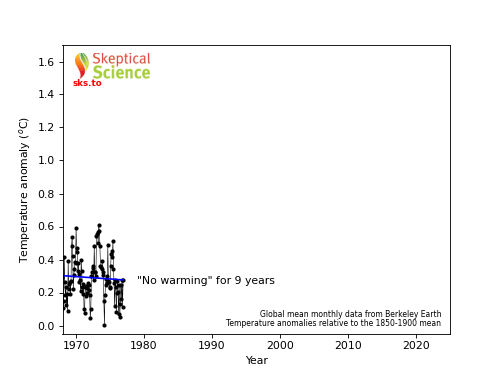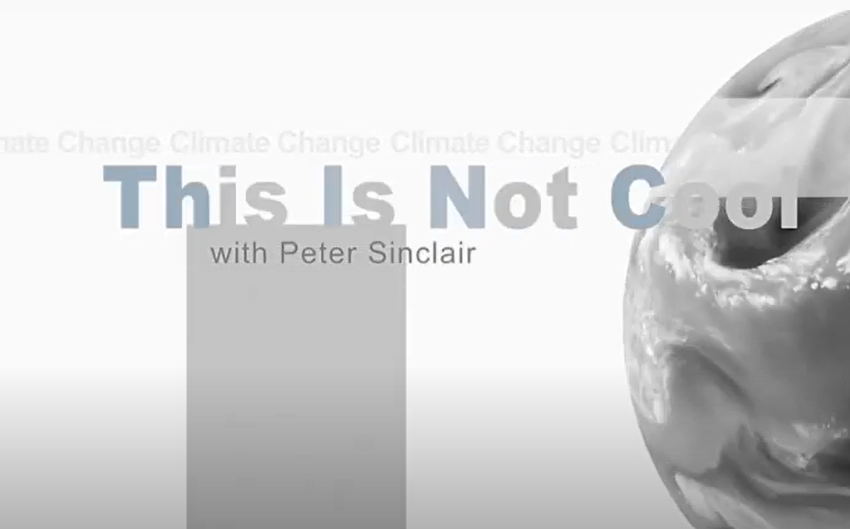When Trade Walls Cost More than Saving the Planet
In 2025, the global economy is feeling the shockwaves of one of its most powerful players, the United States, ramping up tariffs on a wide range of imports. These protectionist measures are pitched as defending domestic industry, creating jobs, and reducing strategic dependency. But when you look at the numbers, a stark irony emerges: the world is now losing more every year to these tariffs than it is currently spending to fight climate change.

The Global Price Tag of Tariffs
Economists estimate that the new US tariffs have already cut world GDP by 0.4–0.5% annually — the equivalent of hundreds of billions, and potentially over a trillion dollars, in lost global output every year.
The pain is uneven:
- Canada has seen its economy shrink by more than 2% in some retaliation scenarios.
- China and the US themselves are experiencing significant, sustained slowdowns.
- Global trade volumes have contracted sharply, with certain industries seeing import and export declines of 12–31%.
For the average US household, these tariffs translate into $2,100–2,400 in lost real income annually — mostly because of higher consumer prices and knock-on effects through the supply chain.
One key driver of the global hit is that tariffs disrupt complex cross-border production systems, forcing companies to reroute supply chains, raise prices, or cut back output altogether. The result is a less efficient global economy — with lower productivity, higher costs, and weaker growth.

Spending to Fight Climate Change: Still Small
Against this backdrop, spending on climate mitigation and adaptation, the world’s insurance policy against runaway climate damage, looks modest.
- Wealthy countries have pledged around 0.2–0.3% of GDP annually to climate action, mostly via international commitments and domestic programs.
- Even including leading developing countries’ investments, total global climate-related spending rarely approaches 1% of GDP today.
- The annual climate-finance target of $100 billion for developing countries is less than a tenth of the GDP hit from today’s tariffs.
In pure budgetary terms, the tariff-induced cost to the global economy outweighs current spending to tackle the climate crisis.
The Irony of Political Narratives
For decades, one of the core arguments from political actors, particularly on the right, against aggressive climate policy has been that “it’s simply too expensive” and will harm growth.
Yet, current US tariffs, touted for national economic advantage, are extracting a larger immediate toll from the world economy than our annual collective investment in a livable climate.
The contradiction is striking:
- Climate action spending: under 1% of GDP now, despite evidence it would avert damages worth 15–37% of global GDP by late century.
- Tariff losses: already near 0.5% of GDP per year, with no long‑term economic benefit and potential lasting harm to innovation and competitiveness, particularly in green technology supply chains.
Why This Matters for Climate Progress
The intersection between trade policy and climate policy is not just about opportunity costs. Tariffs can directly slow climate progress by:
- Increasing costs for renewable energy components (e.g., solar panels, EV batteries).
- Delaying the deployment of clean technology because of disrupted supply chains.
- Encouraging production shifts to countries with higher carbon intensity, negating local environmental gains.
In effect, tariffs can be a double drain, hurting today’s economy and undermining tomorrow’s climate security.
The Big Picture
If the political will exists to absorb and justify GDP losses from tariffs, the same economic capacity should exist to scale up climate investments dramatically. The reality is that we are already “paying” in economic terms, but for policies with far less long-term return than serious climate action would bring.
Key Takeaway
Right now, the world is spending more, in lost economic potential, on trade conflict than it invests in ensuring its future climate stability. If these resources, political will, and tolerance for short-term economic sacrifice were redirected toward decarbonization, adaptation, and climate resilience, the return on investment would be both economically and environmentally transformative.
Sources
- State of U.S. Tariffs: August 7, 2025 — Yale Budget Lab
Analyzes real GDP and labor market effects of all US tariffs enacted in 2025, estimating persistent GDP losses and changes in employment, and tariff revenue impacts.
https://budgetlab.yale.edu/research/state-us-tariffs-august-7-2025 - Where We Stand: The Fiscal, Economic and Distributional Effects of All US Tariffs Enacted 2025 — Yale Budget Lab
Detailed modeling of short- and long-run effects on US GDP, price levels, and consumer losses, with global spillovers.
https://budgetlab.yale.edu/research/where-we-stand-fiscal-economic-and-distributional-effects-all-us-tariffs-enacted-2025-through-april - The Economic Effects of President Trump’s Tariffs — Penn Wharton Budget Model
Projects long-run GDP and wage losses, tariff revenue projections, and compares tariffs’ economic impact to corporate tax changes.
https://budgetmodel.wharton.upenn.edu/issues/2025/4/10/economic-effects-of-president-trumps-tariffs - The Macroeconomic Effect of US Tariff Hikes — European Commission Economic Forecast (Spring 2025)
Forecasts the negative impact of US tariffs on the US economy, highlighting GDP contraction and weaker demand.
https://economy-finance.ec.europa.eu/economic-forecast-and-surveys/economic-forecasts/spring-2025-economic-forecast-moderate-growth-amid-global-economic-uncertainty/macroeconomic-effect-us-tariff-hikes_en - The Global Economic Effects of Trump’s 2025 Tariffs — Peterson Institute for International Economics
Examines sector-specific impacts on agriculture and manufacturing along with employment effects and price changes from tariffs.
https://www.piie.com/publications/working-papers/2025/global-economic-effects-trumps-2025-tariffs - BBC News: What tariffs has Trump announced and why? — Overview of tariff announcements and their economic implications.
https://www.bbc.com/news/articles/cn93e12rypgo















